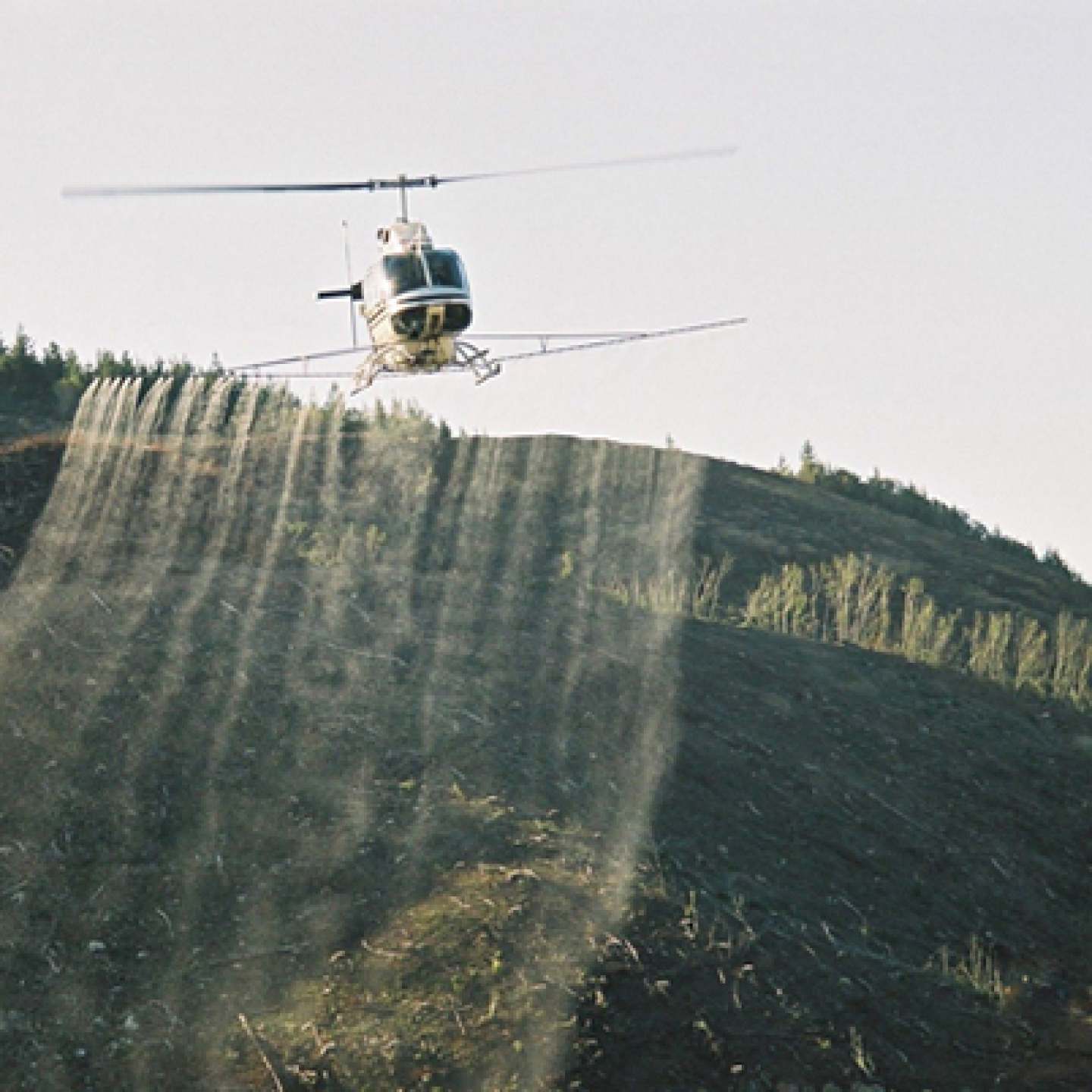
Many Oregon homeowners in Homeowner Associations (HOAs) are concerned about landscape contractors spraying pesticides on their property. Oregon House Bill 2409, which became effective January 1, 2022, fixes this problem. However, Oregonians may still be unaware of this new law and how it affects them. It applies to homeowners in HOAs whose association maintains the landscape of property owners, most frequently their front yards. The law was passed in response to heightened concern over the overuse of toxic pesticides, which can affect the health of children, pets, and people with health challenges. Pesticides are often harmful to pollinating insects and birds as well.
Many HOA owners prefer landscape contractors to use less pesticides. HOA homeowners can now request to receive advance notification of pesticides applications and also to opt-out of pesticide applications on their own property.If a homeowner selects to be excluded, they must agree to maintain their yard to the HOA’s common standard, and HOAs are allowed to enforce compliance with maintenance to the association’s standards if necessary. This law Applies to a homeowner's private lot, but not common areas and does not affect other privately owned homes.

HB2409 provides an important opportunity for those concerned about toxics to communicate with their HOA. HOA Boards, Association Managers and landscape contractors have the administrative responsibility to ensure compliance. Spring is the right time to communicate with your HOA manager or governing board to request landscape maintenance contractors employ non-toxic alternatives.

So how does a homeowner discuss an updated landscape contract? Go to the HOA Board and ask for a review of the landscape contract. Review if and how much (as an example) glyphosate (RoundUp etc.) or neonicotinoids (bee-killing insecticides) have been used in the past. Are non-toxic methods being used first? A new contract could include the use of: Mulch, nontoxic pre-emergents, non-toxic herbicides and insecticides. The HOA can develop a policy of “toxic pesticide use as a last resort.”
Residents of HOAs can write new policies to focus on using nontoxic alternatives like those found in the “Products Compatible with Organic Landscape Management” document published by BeyondPesticides.org. If a pesticide must be used as a last resort, have a plan of how and why.
Work together with your neighbors and management to document and manage pesticides in accordance with this new law. Less pesticide use is entirely possible. An increasing number of public entities are adopting organic landscape management practices and policies for lawns, playing fields, and parks.
~ Jennifer Eisele, Beyond Toxics Pesticide Program Manager
and Barb Rumer, Community Pesticide Reform Advocate

Health Effects of 40 Commonly Used Lawn Pesticides - source: Beyond Pesticides (PDF)
List of Pesticides Compatible with Organic Management - source: Beyond Pesticides (PDF)






